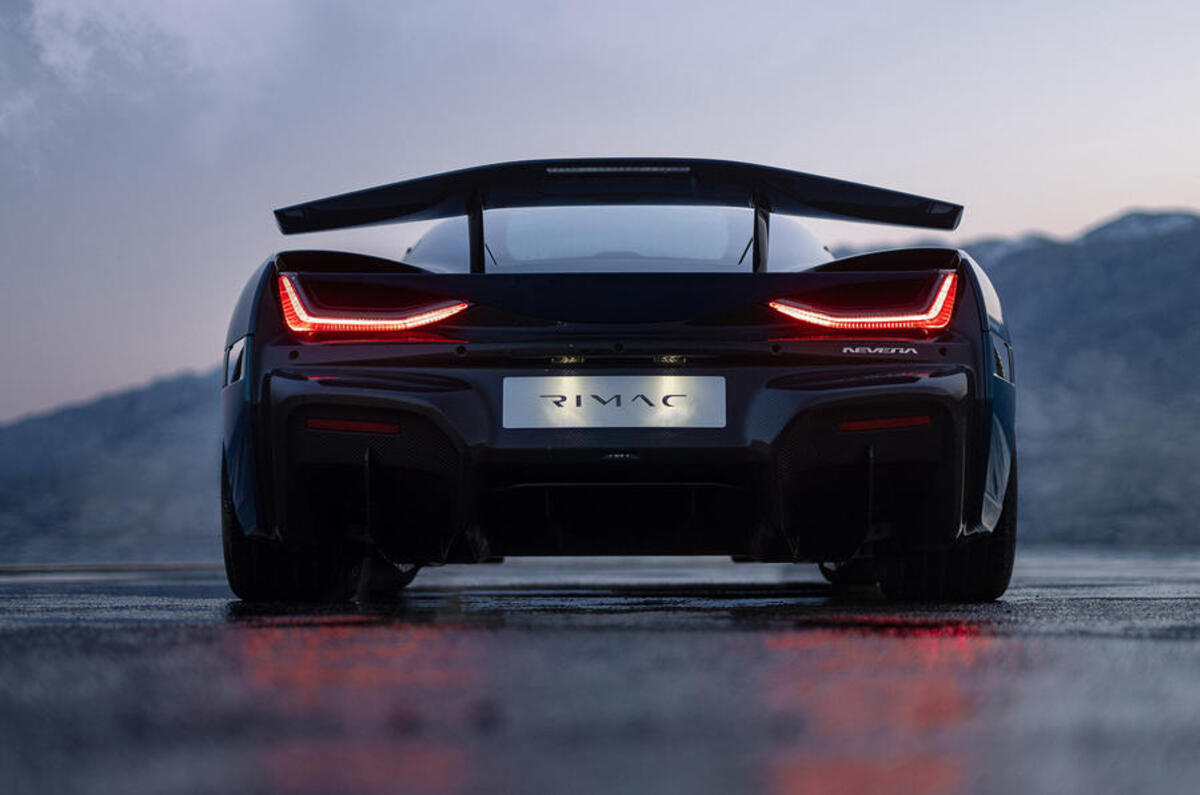Rimac Technology, the Rimac Group's engineering division, will become a standalone entity dedicated to developing EV technology for the Croatian hypercar maker and third-party manufacturers.
The Rimac Group now consists of two companies: Bugatti Rimac – created when Rimac and French hypercar firm Bugatti merged last year – and Rimac Technology.




Join the debate
Add your comment
I know it's been said before, but what an astonishing achievement Rimac is. It really stands in sharp contrast with the old school manufacturers that have struggled for years to get from concept to production. Goodness knows how he did it, but he also seems to be a very likeable bloke.